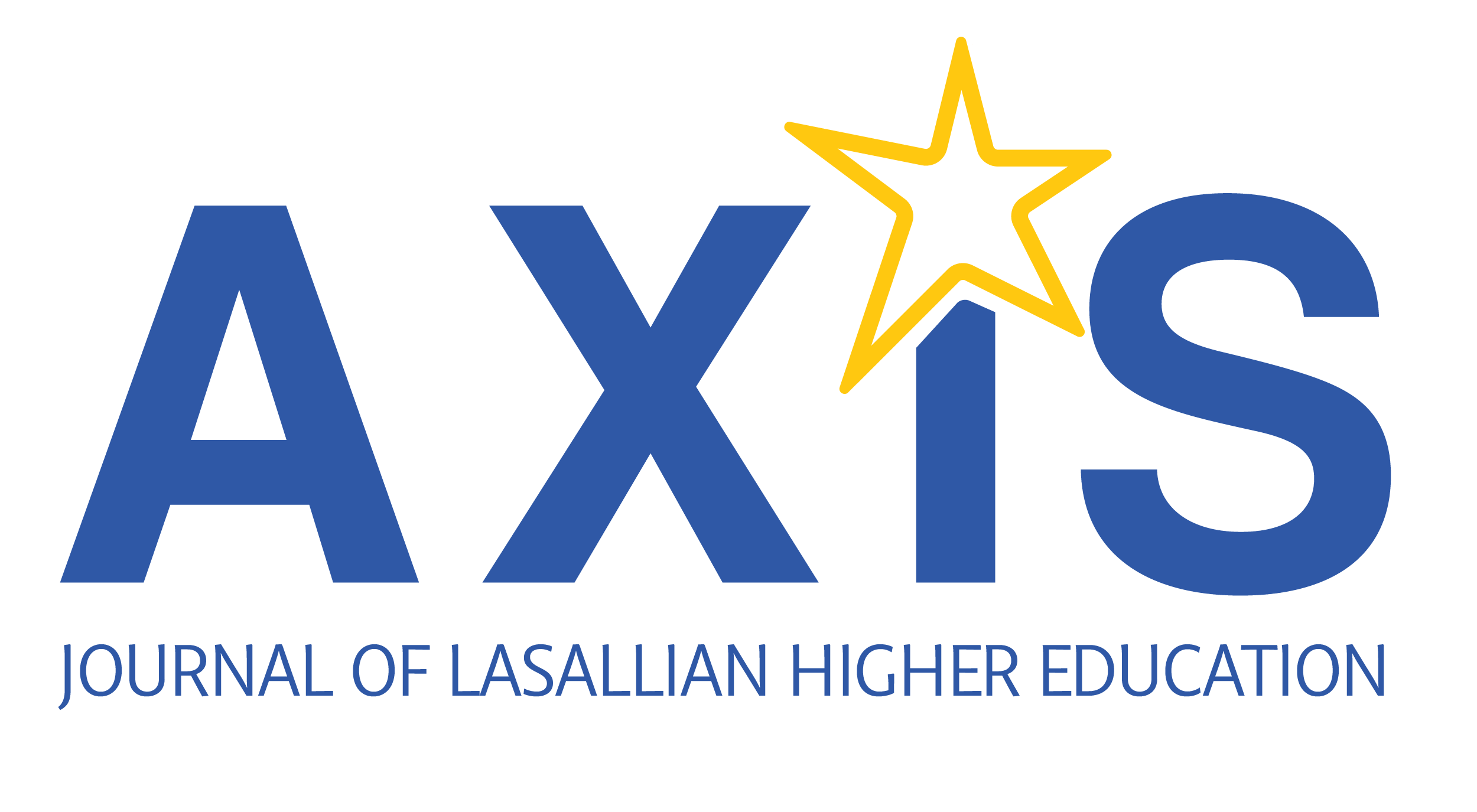James Patrick Burns, IVD, Ph.D.
Marcy Van Fossen, Ph.D.
Matthew Gerlach, Ph.D.
Abstract
Polarization, echo chamber, filter bubbles, confirmation bias, cancel culture, call-out culture, safety-ism and a number of other terms have gained popularity in the last decade or so in relation to social and political movements and the free expression of speech. Politicians as varied as former Presidents Barack Obama and Donald Trump, and writers, authors and commentators from John McWhorter to Ross Douthat have called attention to the challenges and perils of engaging indiscriminately in a kind of ostracization or censorship. Yet the trend continues unabated to the detriment of free exchange of ideas, self-expression, tolerance of difference and even academic freedom. This is of particular concern for colleges and universities that espouse the notion that the free exchange of ideas, opinions and judgments are constitutive to the development of critical thinking and thoughtful engagement with the culture and one another. At the same time, some argue that the ability to engage in calling out another is also a form of freedom of speech. The reality is that regardless of where one stands on canceling or calling out, there remains an important imperative to allow for the free expression of ideas in higher education – including and perhaps especially of those with whom we disagree if we are to make any progress in promoting democratic values as well as coming to terms with differences of opinion and living in a civil and respectful society. This article seeks to offer a way through the current ideological quagmire that can attend such discussions and actions through the engagement of virtue and virtue formation for dialogue and civil speech as piloted on one university campus.
Full Text
Keywords
faith-based education, higher education, character, virtue, ethics
About the Authors
James P. Burns, IVD, who serves as the 14th president of Saint Mary’s University of Minnesota, earned his doctorate in counseling psychology at Northeastern University.
Marcy Van Fossen is a clinical psychologist in Winona, MN, and a member of the board of trustees of Saint Mary’s University of Minnesota.
Matthew Gerlach, who earned his doctorate in religious studies at Marquette University, serves as the vice president for character, virtue, and ethics and core professor of ethics and leadership at Saint Mary’s University of Minnesota.

